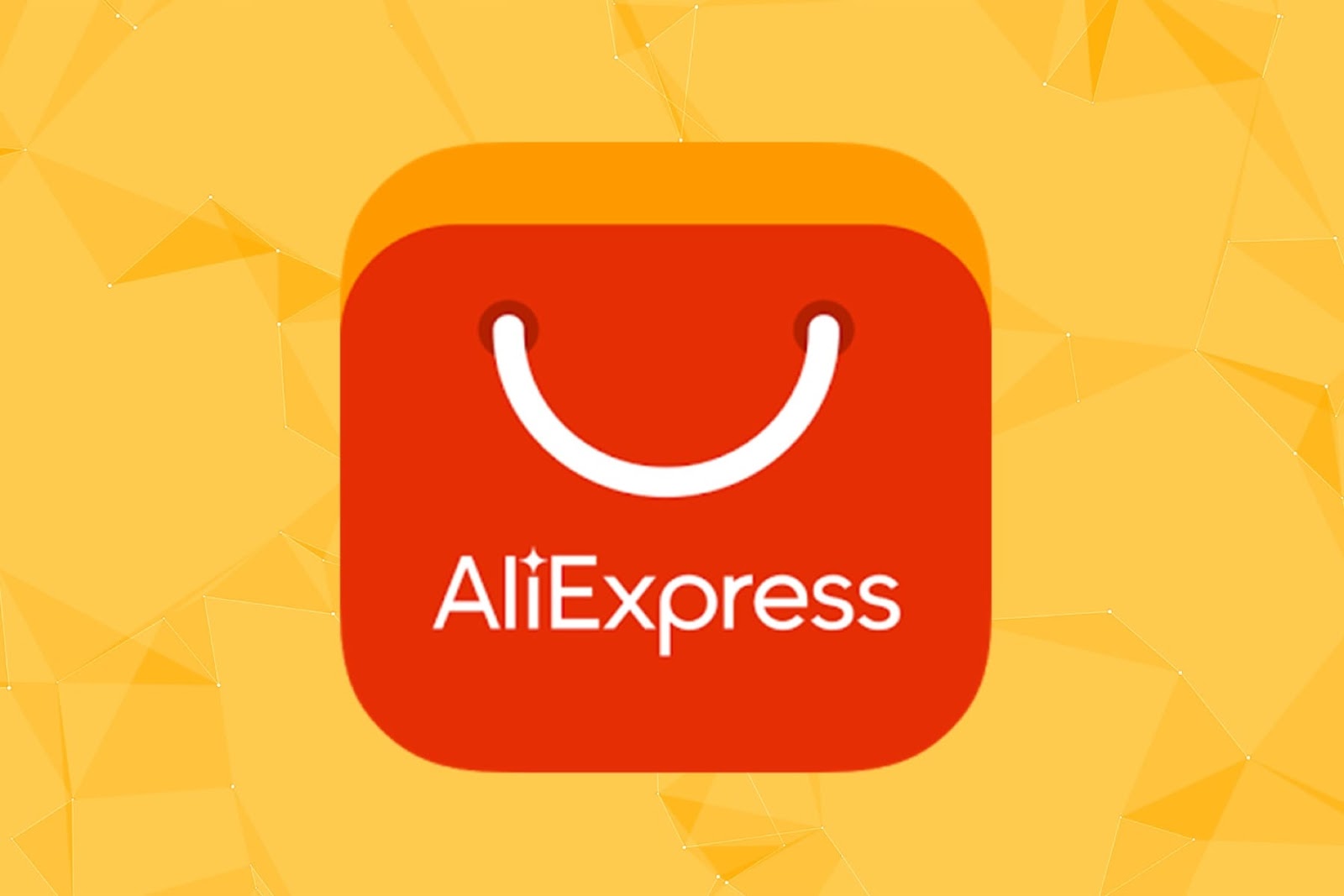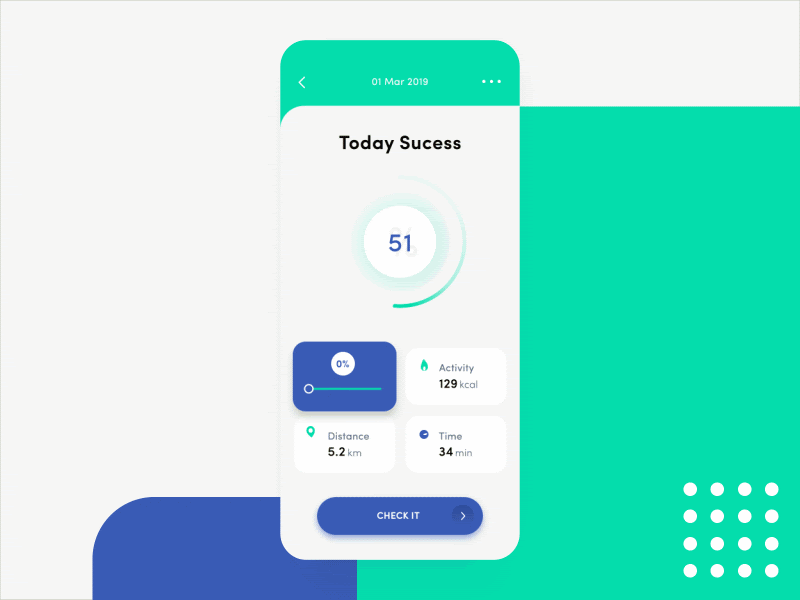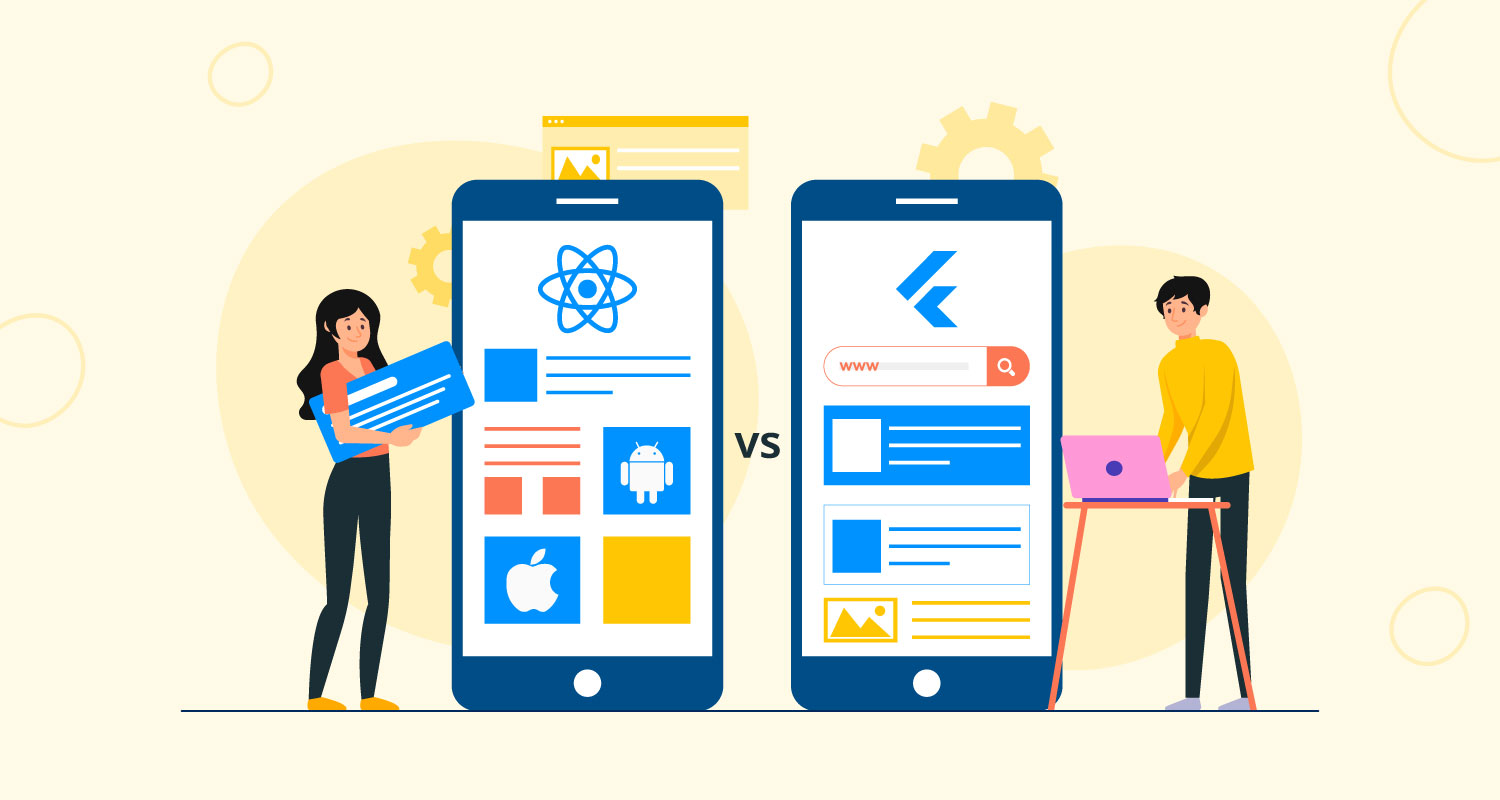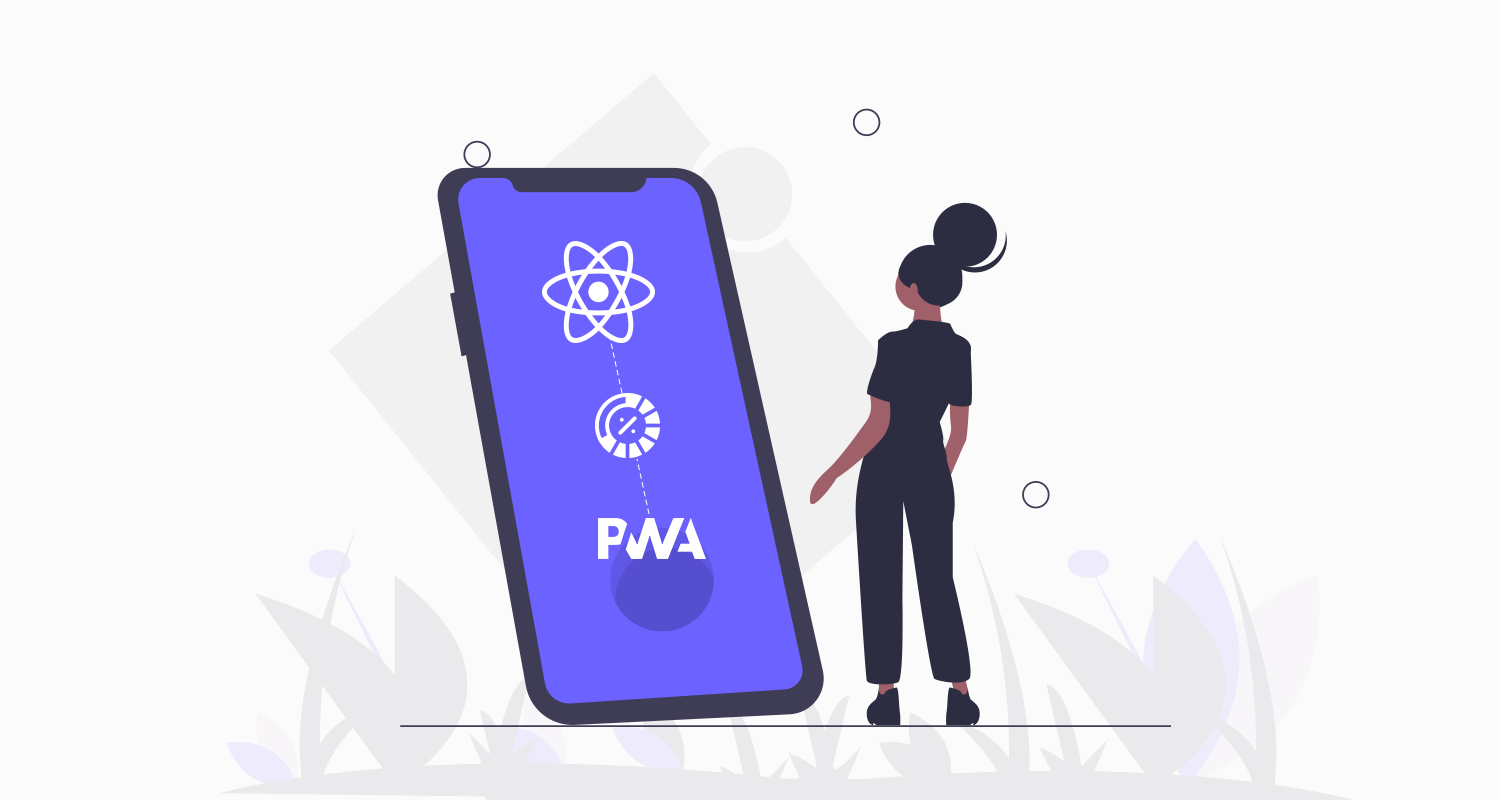These days you hardly come across websites that don’t fit mobile screens well. Since the vast majority of website visits now happen on mobile devices, responsive design became the de-facto standard of website development.
Actually, responsive design has already become outdated and worn out. Users enjoy the native app experience more than the mobile web. This has given rise to Progressive Web Apps (PWA), a kind of web technology that offers an app-like user experience.
So, just a mobile-optimized website view is not enough. Users want more and so they settle with a technology that brings together the best of both web and mobile apps.
What is Progressive Web Apps (PWA)?
PWA is an app-like website or website-like app or both at the same time. Maybe the first one suits as the correct definition because it is basically a website with apps like the countenance and several features as well as design elements.
On the other hand, PWAs also retain several key website benefits like browser-based access without needing installation, no need to occupy device storage, etc.
Some Leading Examples and Uses Cases of PWAs
Progressive Web Apps is simple and very user-friendly technology quickly rose to popularity and became one of the most widely used web technologies so far.
Let us quickly have a look at some of the most prominent progressive web app examples.
Flipkart Lite:
The E-commerce store Flipkart came with a PWA version of its website only to experience a 40% increase in audience engagement.
AliExpress:
This is the PWA version of global e-commerce giant Alibaba and ever since they came up with this, the platform experienced a whopping 76% increase in business conversion.
MakeMyTrip:
This travel booking website experienced around a 160% increase in terms of user session times and three times more conversion ever since they turned to PWA.
These are just a handful of examples and use cases where Progressive Web Apps (PWA) made their presence felt in converting more business and engaging more web users across the niches.
Key Benefits and Features of PWAs
You already have an idea of the excellent output and business benefits that PWAs are equipped to provide. Still, before you turn to progressive web app development, it is important to know the most important progressive web app benefits and features of PWAs. Let’s explain them one by one.
Speed
One of the biggest progressive web app benefits is their lean footprint and size ensuring optimum loading speed.
In PWAs, the servers actually compress and optimise the content to ensure fast-paced and almost instant loading.
The website loading speed is further enhanced with the help of local in-device caching.
Zero Performance Glitches
Non-working buttons, sudden crashes, and susceptibility to errors with increased uses, these can be common with websites, but not with PWAs.
PWAs following a clean and lean architecture gives no room for crashes or performance glitches.
Read More: 7 Frameworks and Tools Popular Across Most PWA Development Projects
User Experience (UX)
PWAs enhance the native usability and user experience by optimising the design elements for easy mobile interactions and hence they offer a better user experience.
App-like Home Screen Access
Thanks to the registered service workers and the support of the web app manifest PWAs can be accessed through all modern browsers and can be saved on the home screen for quick access.
With the website icon showing on the device screen, it is accessible as an app.
Push Notifications
Another feature that puts PWAs at par with the native apps is the ability to send push notifications by using service workers on the platform.
Users can get push notification messages from time to time allowing continuous communication between users and the websites.
Offline Access
Another important advantage of PWAs is the offline accessibility of the website content.
PWAs have caching capability to allow offline access to content that once has been loaded by the users.
Why are PWAs Actually Better than Responsive Websites?
While the progressive web app vs responsive website comparison will continue, let us understand that they are inherently different from one another.
Most companies depending on digital innovation and state of the art technologies are finding their alley in PWAs simply because of the exceptional ease of use, speed, and flexibility that they can help users with.
Responsive web design is still the most well-equipped web technology for mobile users but it cannot give a website sophisticated app-like features and performance.
- With PWAs, a small business can actually shape a comprehensive digital presence by bringing together both web and mobile apps into one.
- PWA comes as one web technology that works in all browsers and devices by maintaining a simple user experience.
- PWAs unlike websites do not need to use multiple tracking scripts for data transfer and hence are leaner and fast-paced.
- PWA has its own caching mechanism to offer instant loading and offline access to content that has been opened once.
- Faster loading speed and better user experience make the latest search engine algorithms prefer PWAs more for search ranking.
- PWAs are instantly accessible from the device home screen just like any other native app.
- PWAs can send push notifications to users just like mobile apps and keep alive user communication all the time.
- As for development technologies, PWAs can be built using the same core web technologies HTML, CSS, and JavaScript. High-performance web development frameworks like React or Angular can also be used to develop PWAs.
Let us admit that responsive web design is not going to vanish anytime soon as for most mobile web users, this is the de-facto technology to present a website. But PWAs will continue to grow in popularity and eventually may succeed in getting the favour of the majority in the years to come.
Some FAQs Need to be Answered About PWAs
We have explained the value propositions of PWAs above. But still, there are some frequently asked questions that we need to answer. Here we go.
What exactly does PWA change?
If you want your existing website to use PWA technology, you don’t need to build the website again from scratch.
The developers will only help the existing website to use native features and functions through the latest web technologies such as service workers.
Does PWA make your existing user experience suffer?
No, building PWA actually helps optimise the user experience. The entire PWA development can be done separately without interfering with your running website and can be updated later when the PWA is completely ready.
What are the appropriate technologies for PWA?
PWA can always be developed using existing web technologies like HTML, CSS, and Javascript.
For developing PWAs, some advanced and versatile frameworks can also be used such as Vue, React, or Angular.
Conclusion
So, Progressive Web Apps (PWA) is really the cutting edge web technology that is going to transform the web experience of millions of websites and users. The comparison of PWA with responsive web design seems to be a little misplaced one because the former is a futuristic technology and the later is basically the present design norm of the web in general.













